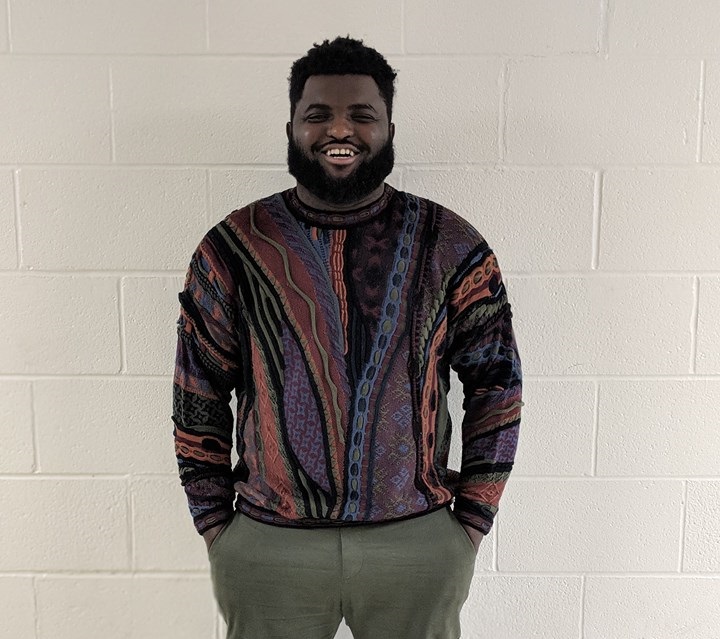I’ve been baptized twice. I was baptized for the first time two years before I became a Christian. And I was baptized for the second time six years after I became a Christian. But what happened in between that time is why I am a Baptist.
I was baptized for the first time when I was seventeen. I was playing basketball at my Pentecostal church’s gym with my friends when a youth leader at the church walked into the gym and asked us to get baptized. So that Saturday afternoon, I joined a long line of unrepentant and unbelieving teenagers who got baptized into a false conversion.
At the time, I didn’t understand that baptism was a public declaration of repentance and belief in Jesus Christ. I didn’t know that when people get baptized, it’s a sign that they are dead to sin and made alive in Christ. So immediately after my baptism, I returned to the gym to play basketball, and I didn’t think or care about the gospel until two years later, when I was nineteen.
A week or two after I became a Christian, the church organized a meeting for all the youth members who had recently professed faith in Christ, and they asked us to pray for the baptism of the Holy Spirit. They explained that the baptism of the Holy Spirit was distinct from the Holy Spirit’s work in making sinners born-again to a new life in Christ. They claimed that the baptism of the Holy Spirit is a powerful experience and spiritual blessing received only by Christians who actively pursue it, a blessing that produces, in their mind, the gift of tongues.
That, of course, isn’t true. That is completely inconsistent with what the Bible teaches about the baptism of the Holy Spirit. The Bible describes the baptism of the Holy Spirit as the indwelling of the Holy Spirit in Christians when they are born-again. It’s simultaneous to salvation. Every person adopted by God, every person justified by Christ, and every person regenerated and sanctified by the Holy Spirit is already baptized with the Holy Spirit.
But I didn’t know that at the time. I prayed for the Baptism of the Holy Spirit at the meeting. Then they told me to start speaking whatever sounds or words that came out of my mouth. They claimed that the sounds or words that came out of my mouth were the gift of tongues, the evidence that I had been baptized with the Holy Spirit.
I was trained to pursue a baptism I already had, the baptism of the Holy Spirit, and I was trained to ignore a baptism I didn’t have, believer’s baptism.
Eventually, I became Reformed through Paul Washer and John MacArthur, and I discovered that my local church’s charismatic and prosperity gospel teachings were harming my soul. So I left the church and attended a Dutch Reformed Church for three years.
At the Dutch Reformed Church, I was forced to confront my positions on ecclesiology and especially, baptism, for the first time. Because of my Pentecostal upbringing, I generally believed in congregationalism and believer’s baptism. My Dutch reformed reverend gave me several books to read to challenge my position on baptism, but the books’ arguments were unconvincing. Especially as I weighed them against clear indications in the Bible that baptism is always preceded by faith and repentance in Christ.
The apostle Peter’s description of baptism in 1 Peter 3:21, where he says: “[baptism] is an appeal to God for a good conscience, through the resurrection of Jesus Christ” and other words like that in the Bible makes it difficult for me to accept infant baptism.
The more I studied what the prophets, apostles, church fathers, and modern theologians said about the covenant and baptism, the more I became convinced and convicted about believer’s baptism—especially since I hadn’t yet been baptized as a believer.
So I left the Dutch Reformed Church and joined Grace Fellowship Church, where I officially became a member at a Baptist church—after the elders baptized me.

